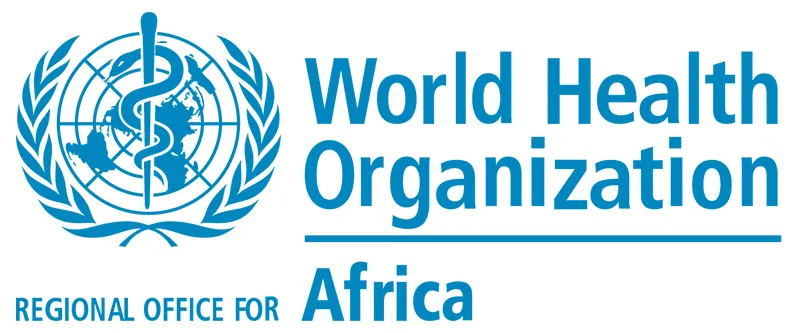
Angola Boosts Its Public Health Readiness Against Emerging Threats
2025-05-05
Author: Daniel
Angola Takes Bold Actions to Combat Health Emergencies
In the face of rising health crises, including a persistent cholera outbreak, Angola is stepping up its game. The Ministry of Health has launched a series of strategic initiatives aimed at bolstering the nation’s ability to address public health emergencies effectively.
Establishing Critical Coordination Hubs
Central to these efforts is the creation of Public Health Emergency Operations Centres (PHEOCs). These specialized hubs, situated within the National Directorate of Public Health (DNSP) and guided by the Department of Hygiene and Epidemiological Surveillance (DVE), are designed to ensure swift and effective coordination during health emergencies.
These centres will not only respond to outbreaks but will also continuously monitor risks, maintain community surveillance, and facilitate real-time data sharing to enhance situational awareness.
Strategic Partnerships and Training Initiatives
With essential support from the World Health Organization (WHO), Angola has undertaken a series of significant activities to strengthen its PHEOC framework. This includes developing vital governance documents such as the National PHEOC Handbook and Standard Operating Procedures (SOPs), with input from local and international stakeholders.
An engaging training on public health emergency management preceded a realistic simulation exercise held in mid-April 2025. This scenario, simulating the devastating effects of flooding that leads to cholera outbreaks, allowed participants to test their coordination strategies in a controlled environment.
Cross-Sector Collaboration Fuels Success
The training attracted a diverse group of 30 professionals from various sectors, including health, environment, civil protection, and law enforcement, alongside international partners such as the Africa CDC and ECCAS. This collaborative spirit is crucial for building a robust response to health threats.
Expert Insights on Progress and Future Challenges
Dr. Walter Firmino, a WHO Emergency Officer, noted significant advancements in Angola’s emergency response capabilities. "Angola has laid a solid foundation, but for sustained improvement, ongoing capacity building and enhanced information-sharing will be essential," he emphasized.
Dr. Claudete Samuton do Francisco from the DNSP echoed these sentiments, highlighting that recent training has markedly improved the readiness and organization of health teams, ensuring they can respond effectively to emergencies.
Aligning with Global Standards
Angola’s commitment to enhancing its PHEOCs aligns with the International Health Regulations (IHR) and incorporates best practices like standardized incident management and real-time data collaboration.
With these concerted efforts, Angola is well on its way to fortifying its public health infrastructure, ensuring a quick and efficient response to future health emergencies.





 Brasil (PT)
Brasil (PT)
 Canada (EN)
Canada (EN)
 Chile (ES)
Chile (ES)
 Česko (CS)
Česko (CS)
 대한민국 (KO)
대한민국 (KO)
 España (ES)
España (ES)
 France (FR)
France (FR)
 Hong Kong (EN)
Hong Kong (EN)
 Italia (IT)
Italia (IT)
 日本 (JA)
日本 (JA)
 Magyarország (HU)
Magyarország (HU)
 Norge (NO)
Norge (NO)
 Polska (PL)
Polska (PL)
 Schweiz (DE)
Schweiz (DE)
 Singapore (EN)
Singapore (EN)
 Sverige (SV)
Sverige (SV)
 Suomi (FI)
Suomi (FI)
 Türkiye (TR)
Türkiye (TR)
 الإمارات العربية المتحدة (AR)
الإمارات العربية المتحدة (AR)